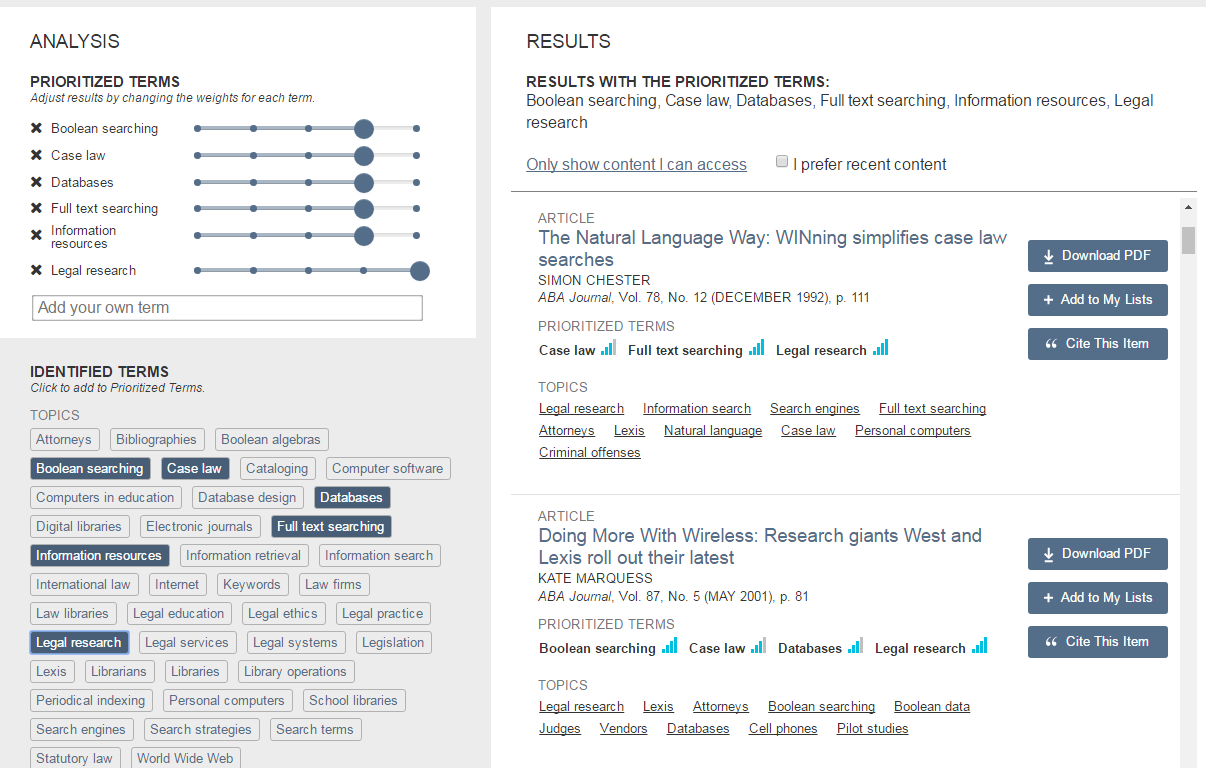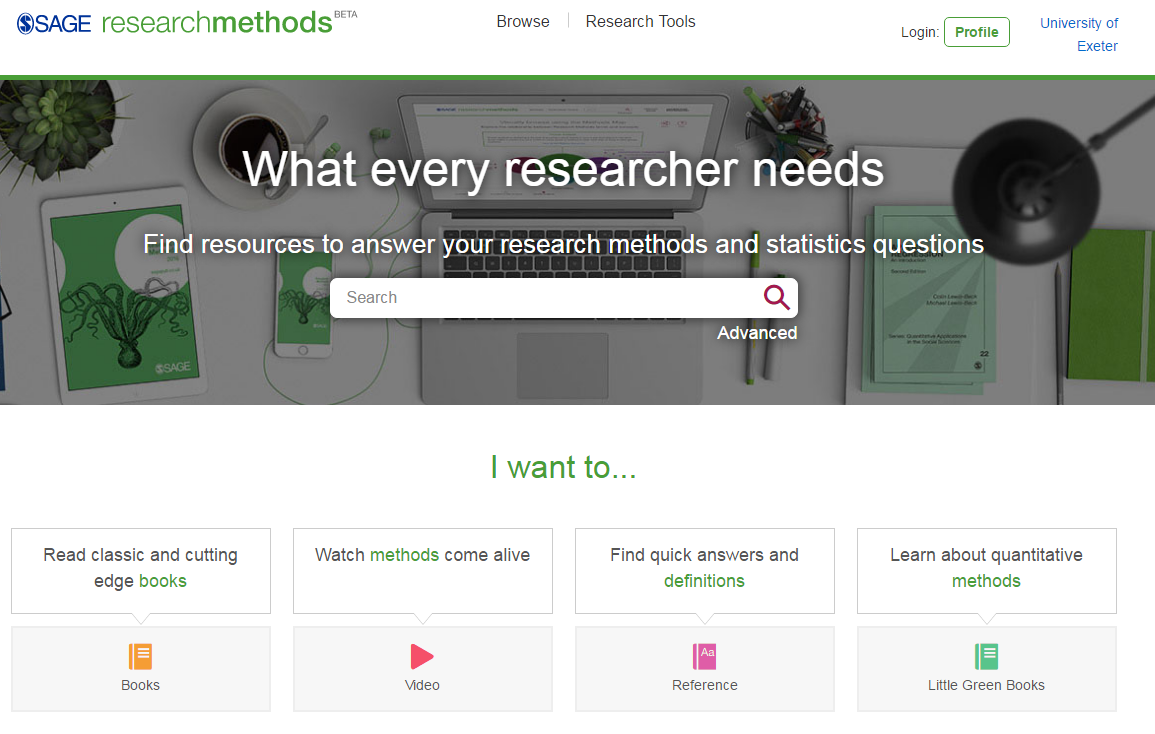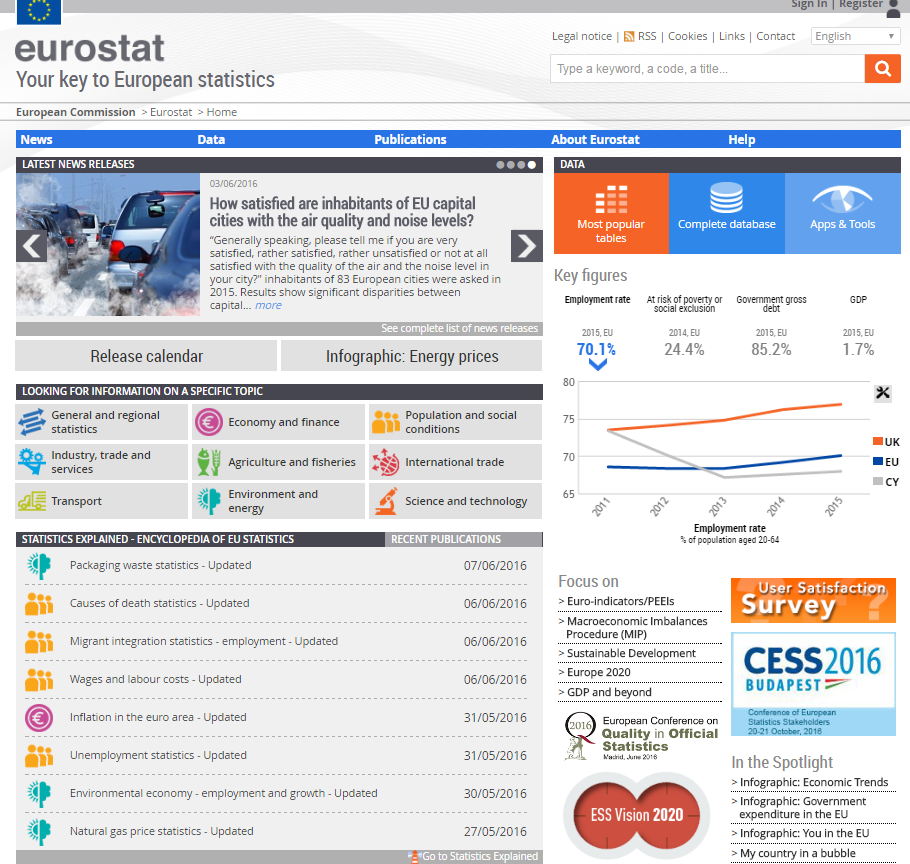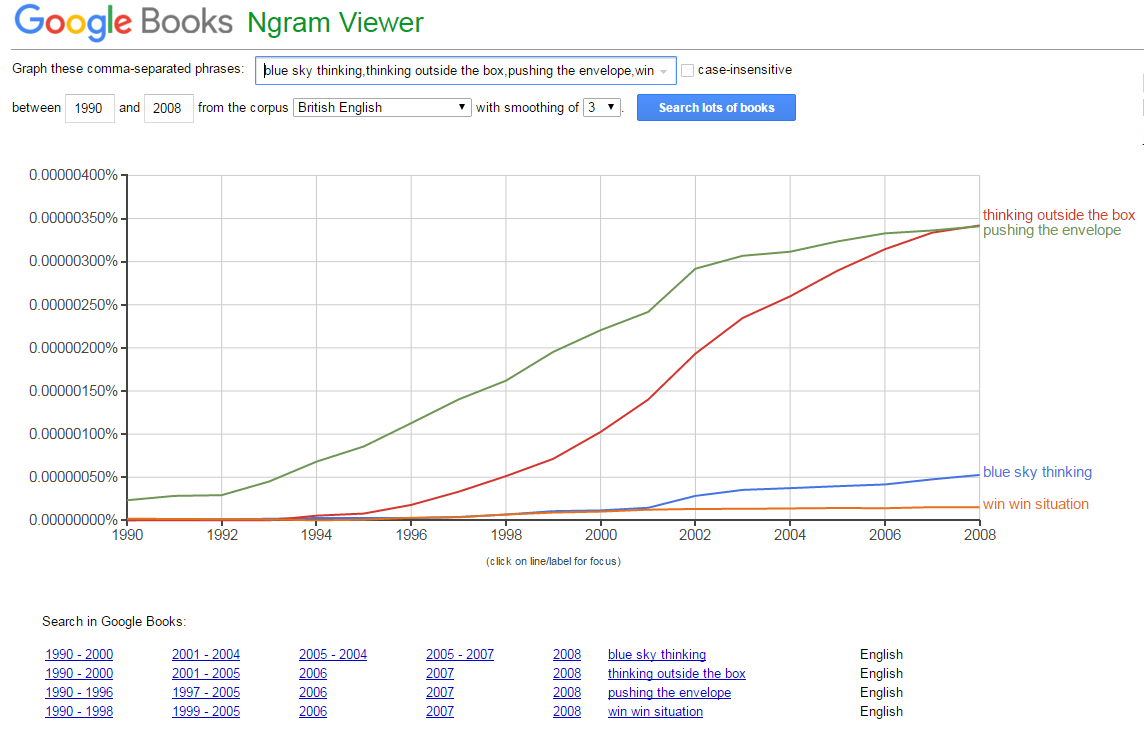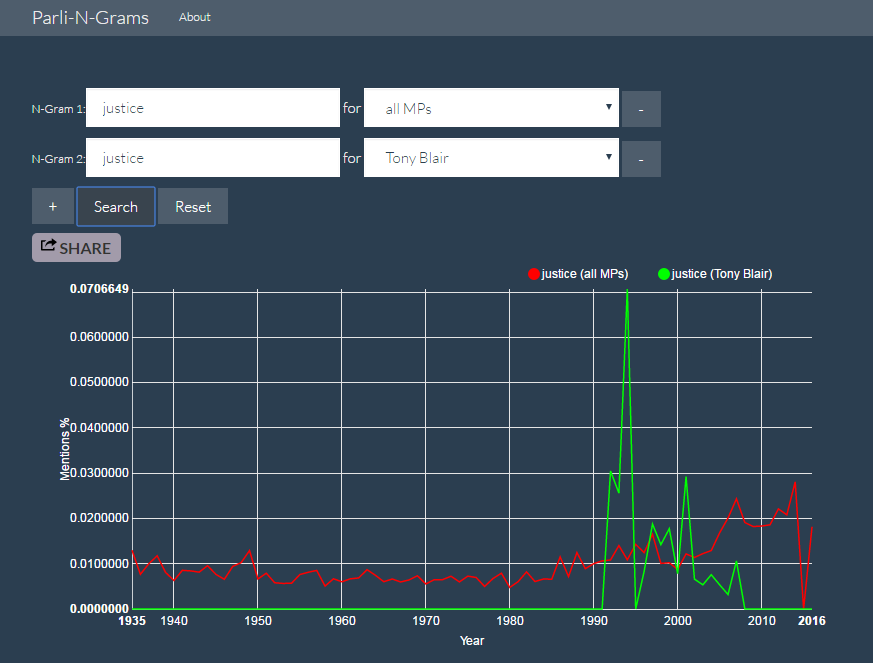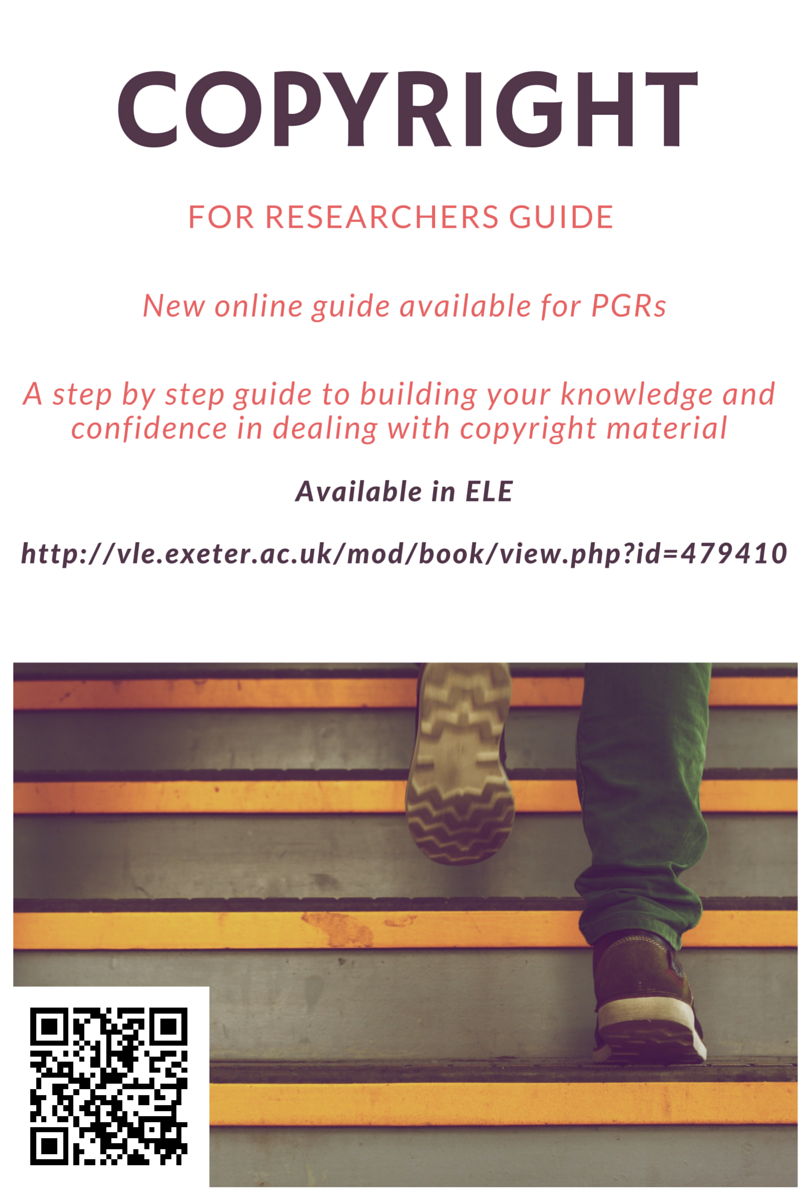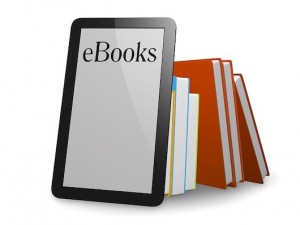 In addition to all the individual print and electronic books and journals that were added to Library collections during the course of last year, a number of significant online resources have been made available.
In addition to all the individual print and electronic books and journals that were added to Library collections during the course of last year, a number of significant online resources have been made available.
The Library announces all new online resources via the E-Library blog as soon as they come online, but as we head into a new academic session we thought it useful to highlight the significant online purchases made to date during 2015.
All resources are accessible via the Library Catalogue and Electronic Library.
E-book Packages
Bloomsbury
- Anthropology 1993-2013 Archive & 2014 Collections
- Classical Literature Archive 1994-2012
- Classical Studies & Archaeology 2013 & 2014 Collections
- History 2014 Collection
- Literary Studies 2013 & 2014 Collections
- Philosophy 2013 & 2014 Collections
- Shakespeare Archive 2003-2012 Collections
Brill: International Law & Human Rights 2014 Collection
EBSCO: Education Ebook Collection
Elgar: Law 2014 Collection
Health Press Facts: ebook collection
Palgrave
- Business & Management 2015
- Economics & Finance 2015
- History 2014 & 2015
- International Relations & Development 2014 & 2015 Collections
- Literature 2015
- Media & Culture 2015
- Politics 2014 & 2015 Collections
- Social Sciences 2014 & 2015
- Theatre & Performance 2013-2015 Collections
Journal Packages
ACM Digital Library
American Physiological Society – Journals Digital Library
- Upgrade to full package: all 10 APS journals plus 2 review journals
Annual Reviews
Brill Journals Package: Humanities, Social Sciences, International Law and selected Sciences
British Periodicals Collection III – ‘Great Eight’ illustrated periodicals of early 19th Century
Environment & Planning journal archive: A-E (from first issue through 2003)
IOS Press Journals
JSTOR Arts & Sciences XII, XIII & XIV Collections
Maney Journals Package
- Archaeology,Conservation & Heritage Collection
- History, Literature and Culture Collection
Nature – additional content
- New titles: Protocols & Reviews Molecular Cell Biology
- Archives: Nanotechnology, Photonics, Physics
Palgrave Macmillan Journal Package: Health, Business & Social Sciences
Progress in Human Geography & progress in Physical Geography: journal backfiles
Research Synthesis Methods
SIAM Journals
Taylor & Francis Journals Backfiles: selected content from HASS / STEM areas
Wiley Journal Backfiles: Humanites, Social Sciences and Sciences & Medicine
Research Databases / Resources
Agcensus: agricultural census dataset
American Film Scripts Online
BMJ Best Practice
British Online Archives – Papers of Charles Bradlaugh
Dictionary of Irish Biography
Drama Online
Empire Online
Encyclopedia of Language & Linguistics
First World War Archives: two new modules added:
- Propaganda and Recruitment
- Visual Perspectives and Narratives
GeoScienceWorld
Loeb Library of Latin texts
Marketline Advantage
Oxford Bibliographies Online: Classics
Oxford Handbooks Online
- Business & Management
- Classical Studies
- Criminology
- Economics & Finance
- History
- Literature
- Philosophy
- Politics
- Religion
Oxford Islamic Studies Online
Oxford Legal Research Library
Proquest Dissertations and Theses
World Treaty Library
News & Newspaper resources
Artemis Primary Sources: brings together Gale’s primary source collections for cross searching. The resources integrated into Artemis are:
- Eighteenth Century Collections Online (ECCO)
- Nineteenth Century Collections Online (NCC)
- Burney Newspaper Collection (17th-18thCentury Burney Collection Newspapers)
- Nineteenth Century British Library Newspapers
- Nineteenth Century UK Periodicals Online
- Financial Times Historical Archive
- Illustrated London News Historical Archive
- Times Digital Archive
- Times Literary Supplement Historical Archive
Daily Mail Historical Archive 1896-2004
FT.com
Foreign Broadcast Information Service Daily Reports 1941-1996
Proquest Historical Newspapers:
- Chinese Newspaper Collection
- Irish Times and Irish Weekly
- Times of India
 ESDU is an engineering knowledge base which provides validated design methods, data and software tools to help solve complex engineering problems. It covers a wide range of engineering disciplines, including Aerospace, Automotive, Mechanical, Structural and Process Engineering.
ESDU is an engineering knowledge base which provides validated design methods, data and software tools to help solve complex engineering problems. It covers a wide range of engineering disciplines, including Aerospace, Automotive, Mechanical, Structural and Process Engineering.
